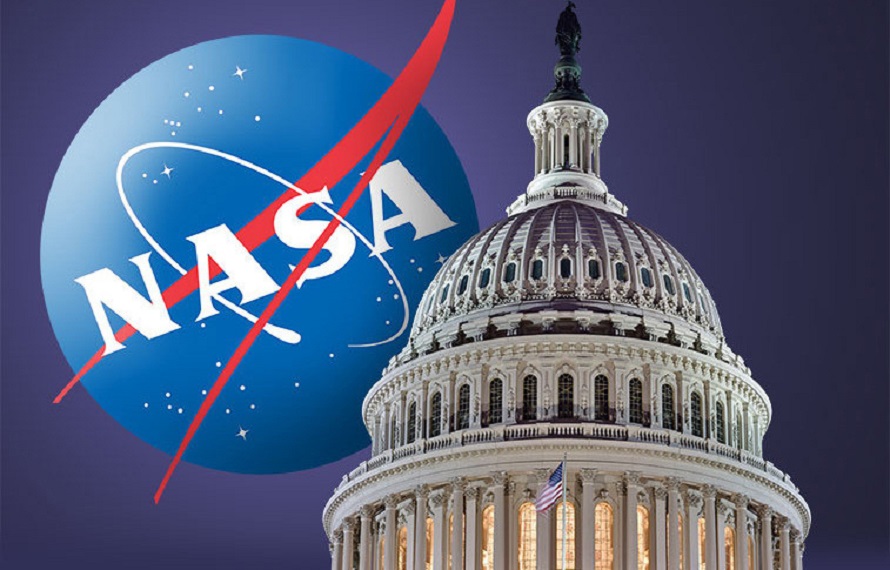WASHINGTON — The House Science Committee approved its portion of a massive budget reconciliation spending bill Sept. 9, making no major changes to its NASA provisions.
The full committee voted 21-17 after a daylong markup to advance its portion of the package, allocating $45.51 billion to agencies under its jurisdiction, including NASA, the National Oceanic and Atmospheric Administration and the National Science Foundation.
The final version of the bill did not affect the NASA sections of the bill beyond one amendment, approved on a voice vote, directing NASA to include work on “sustainable aviation biofuels” as part of a climate change portion of its funding.
The bill would provide NASA with nearly $4.4 billion in additional funding, with $4 billion set aside for NASA infrastructure improvements. Climate change projects would get $388 million and NASA cybersecurity $7 million.
The bill, though, provided no funding for NASA’s Artemis lunar exploration program, notably lunar lander development. In testimony this spring to Congress, NASA Administrator Bill Nelson said he was seeking $5.4 billion to fund a second Human Landing System award and a similar amount to upgrading aging NASA facilities.
Republican members of the committee introduced several amendments to make more substantive changes to the bill. One, by Rep. Brian Babin (R-Texas), ranking member of the space subcommittee, would have combined the infrastructure and climate change funding into a single allocation for use in infrastructure and exploration.
“My amendment would give NASA the flexibility it needs to achieve the goals directed by Congress,” Babin said at the markup. “In a bill that exceeds $3.5 trillion, of which $45.5 billion is under this committee’s jurisdiction, it is astonishing to me that NASA’s human exploration program would be ignored.”
“Ordinarily, Dr. Babin and I are in 100% agreement on subjects revolving around NASA,” responded Rep. Ed Perlmutter (D-Colo.) He argued, though, that the full $4 billion was needed for repairs for NASA facilities. “I would love to see more money directed toward our space exploration and I will continue to advocate for that, but we have to have solid infrastructure.”
Babin’s amendment, along with others involving NASA funding, failed in largely party-line votes. Another amendment directing part of the NOAA funding intended for a future space weather satellite to go toward commercial data buys also failed.
Both the science provisions of the bill and the overall reconciliation package lack Republican support. Rep. Frank Lucas (R-Okla.), ranking member of the full committee, lamented the omission of funding for human exploration as evidence of “how disordered this bill is.”
Even Rep. Eddie Bernice Johnson (D-Texas), chair of the full committee, expressed some reservations about the bill. “The budget reconciliation process is inherently partisan and complicated. I do not expect my Republican colleagues to be happy about this process. Quite frankly, I’m not especially happy with all of the aspects of this process myself,” she said.
“But, my goal for our committee’s contribution to the overall reconciliation effort is to meet our responsibilities as respectfully and fairly as possible,” she added.
